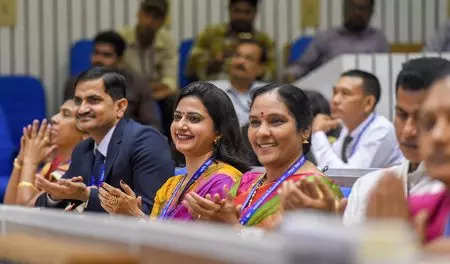[ad_1]
The workshop’s theme was “Universal Design and Inclusion in Indian Cities,” focusing on efforts to provide accessible infrastructure facilities for Divyangjan, the elderly, women, and children. The workshop saw participation from Municipal Corporation Jabalpur, Jabalpur Smart City, Jabalpur Development Authority, and other Urban Local Bodies (ULBs), including urban planners, engineers, and other senior officials.
Juuhi Rajput, Founder of ‘I for Humanity Organization’, introduced the workshop and highlighted the platform’s role in collaborating with policymakers, state and city administrators, think tanks, corporate/PSU educational institutions, researchers, innovators, NGOs, financial organizations, builders, and experts to promote and facilitate an accessible built environment in cities. She also mentioned that this workshop will be organised in all the cities of Madhya Pradesh.
During his address, Chandrapratap Gohal, CEO of Jabalpur Smart City, provided information about the Accessible India Campaign and emphasized the importance of incorporating accessible infrastructure elements such as ramps in buildings and stairs in public buildings for the accessibility for specially-abled.
Municipal Commissioner Swapnil Wankhede shed light on the global context of the subject and discussed creating infrastructure that caters to the needs of Divyangjans, women, children, and the elderly. He emphasized the availability of toilets for women to ensure they do not face any problems.
The Chief Guest at the program, Mayor Jabalpur Jagat Bahadur Singh, praised the initiative of the Alliance for organizing the workshop to address the issues faced by persons with disabilities. He appreciated that the initiative began in Madhya Pradesh, specifically from Jabalpur, making it the first of its kind in the country. The Mayor assured that future constructions would adhere to the principles of Universal Design.
At the end of the program, certificates were distributed to all the participants by the Mayor. During the workshop, trainers from the National Institute for Urban Affairs, Delhi, Kanika and Miss Veronika, provided information on Universal Accessibility and Inclusive Planning, Universal Design in Internal and External Elements, and Accessible building typologies through four sessions.
Various activities during the workshop aimed to create awareness among participants about the challenges faced in public places, fostering a sense of concern and encouraging positive changes in the cities.
[ad_2]
Source link

